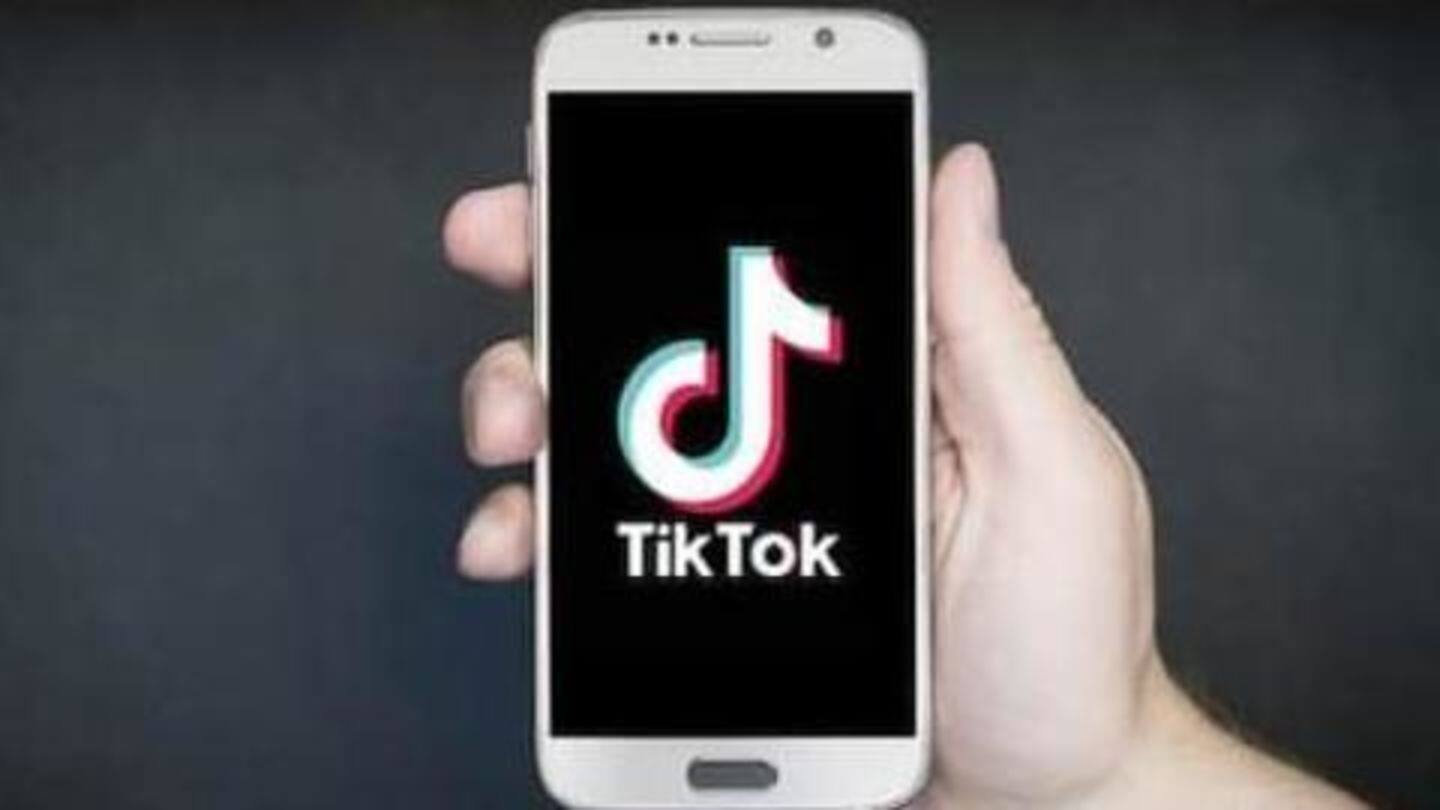
Confirmed: TikTok's creator is working on its smartphone
What's the story
ByteDance, the company behind viral video-sharing app TikTok, will soon launch its own smartphone. The rumors of a device were rife a couple of months ago, but now, a spokesperson for the Chinese giant has officially confirmed the development. They said the device is being created as part of an effort to expand the company's portfolio beyond news and video apps. Here's more.
Development
Smartphone stemming from Smartisan Technology deal
A few months ago, ByteDance signed a deal with Chinese electronics company Smartisan Technology to acquire some of its patents, workforce. Now, the company has confirmed that resources from this deal are being leveraged for creating the smartphone. However, it is worth noting here that the work didn't start after the deal; it is actually a continuation of a project that started at Smartisan.
Quote
Here's what the spokesperson said
"The product was a continuation of earlier Smartisan plans, aiming to satisfy the needs of the old Smartisan user base," the spokesperson told Reuters while explaining the development of the smartphone.
Details
What this phone will have on offer
The company representative didn't say much about the capabilities of the phone, but Chinese outlet Caijing reports that its development has been on for seven months, under the leadership of former Smartisan executive Wu Dezhou. That said, we do expect the phone to offer certain ByteDance-owned apps, starting from TikTok and IM Feiliao to news app Jinri Toutiao and probably a music streaming service.
Availability
Phone likely to launch in China alone
The announcement of smartphone development plan shows ByteDance's ambitions to expand its portfolio and match the likes of Baidu and Tencent, but the chances of a global launch are fairly slim. Also, it still remains unclear when the phone would launch and if it would run Android-based Smartisan OS - which is niche even in China - or some another build of the platform.
Issue
However, the work could raise questions of flexibility
While a smartphone from one of the world's most valuable (and popular) start-ups could do well, the question of flexibility still looms large. Basically, if the device fails to offer ideal software/hardware, people might not buy it while choosing to install the same ByteDance apps on a better device. The failure of Amazon's Fire Phone and Facebook's HTC First best explains this case.